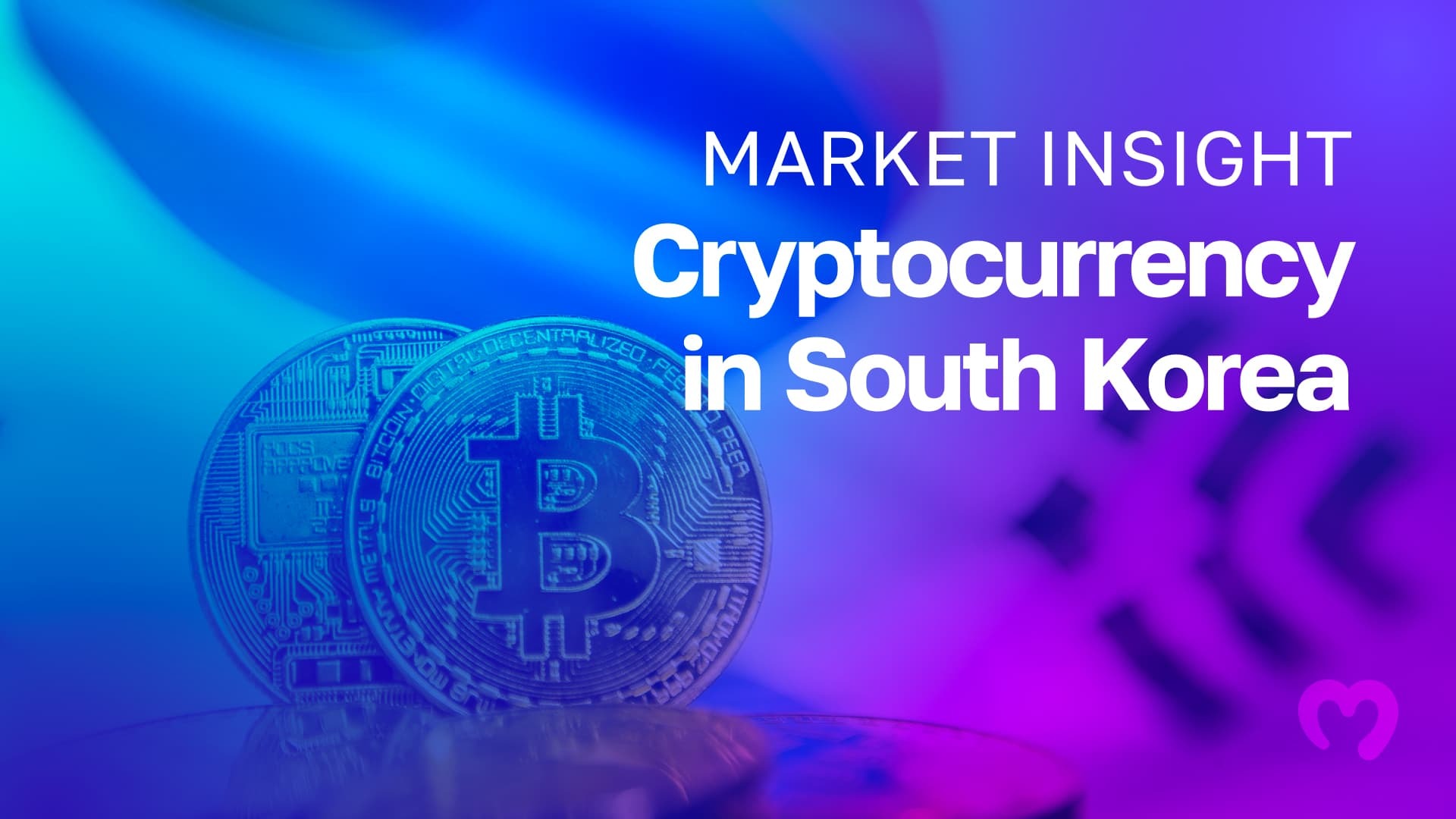Crypto and blockchain technology are rapidly expanding in most global regions. The South Korean cryptocurrency market is one of the fastest-growing crypto communities in the world. In early 2021, less than two million people in South Korea owned crypto. By the end of the year, the number had climbed to 5.6 million crypto holders. In terms of percentage, this was more than 10% of the country’s 51 million residents. Data shows that as of June 2022, there were 6.9 million crypto holders in South Korea. These figures show how fast the South Korean cryptocurrency market is growing.
In this article, we’ll dive deep into the South Korean cryptocurrency market to discover all the details about crypto adoption in the country. We’ll examine the market’s current state, local crypto regulations, and cryptocurrency exchanges. Also, we’ll check out some of the high-profile metaverse projects in South Korea. Furthermore, we’ll learn about blockchain voting and the most important crypto projects from South Korea.

To understand what cryptocurrencies are and how they work, you should start with the basics. Learn the essentials about cryptocurrency with the Crypto for Beginners course at Moralis Academy.
The South Korean Cryptocurrency Market
The first noteworthy South Korean blockchain projects launched in 2017, which is considered the start of the South Korean cryptocurrency boom. The country is one of the global hubs of the consumer electronics and software industries. The population is very tech-savvy and prone to accepting new tech solutions. The affinity of South Koreans toward innovative technologies is one of the key drivers behind the popularity of blockchain technology and crypto in the country.
South Korea banned all types of gambling because of high historical gambling addiction rates. However, crypto is legal and very attractive for people looking to invest in speculative assets. For some, investing in crypto carries a similar adrenaline rush to gambling because of the high risk associated with crypto.
In 2017, South Korea was the world’s third-largest Bitcoin (BTC) market, right behind the US and Japan. Traders used numerous cryptocurrency exchange platforms to invest in various cryptocurrencies. However, Bitcoin was the primary focus. At one point, the price of Bitcoin was as much as 20% higher on some South Korean exchanges compared to international platforms. South Korea introduced strict laws to keep money inside the country during the 2008 economic crisis. These laws made it possible for Bitcoin prices to get much higher compared to the rest of the world due to market demand in South Korea.
Since then, the market in South Korea has grown rapidly, with several high-profile crypto projects launching like Fantom, Klaytn, Aergo, ICON, and the infamous Terra ecosystem. The country even elected a crypto-friendly president with his own NFT collection for supporters in 2021.

JavaScript is one of the most popular Web2 programming languages and is essential for learning various Web3 languages. Learn JavaScript Programming at Moralis Academy today.
South Korean Cryptocurrency Regulations
Initial Coin Offerings (ICOs) were immensely popular in South Korea in 2017, but by the end of the year, authorities banned ICOs altogether. The reason behind the ban was suspicions of illegal activities and financial speculations behind ICOs. Since then, all types of crypto fundraising activities have been illegal in the country.
In 2021 the authorities introduced new, strict crypto trading licensing laws. These laws banned most crypto exchanges from operating in the country. Exchange platforms must obtain a license from the Financial Services Commission (FCS) and the Korea Internet and Security Agency. Also, exchanges need to have trading licenses for each cryptocurrency they list. Before these regulations, exchange platforms could list any cryptocurrency they wanted. However, this led to the listing of numerous unverified and potentially scammy projects on trading platforms. Today, South Korean crypto exchanges can only list reputable, firmly established cryptocurrencies for trading. From 63 active crypto exchanges in 2021, the number of platforms dropped to just a few, like Coinone, UpBit, and Bithumb.
The South Korean government plans to introduce a 20% tax on crypto gains in 2025. The authorities have already postponed the introduction of crypto taxes several times. However, the taxation will finally start in 2025, according to the government.
The government plans to introduce an all-encompassing Digital Asset Basic Act in 2023. Available data indicates that the first detailed South Korean crypto bill will be similar to the crypto laws in the US and the European Union. The law will introduce user protection mechanisms and crypto categories such as security, non-security, and utility tokens.
Additionally, the law will introduce evaluation criteria for listing cryptocurrencies on exchange platforms. Furthermore, the law aims to prevent future events, such as the Terra ecosystem’s meltdown, which left thousands of investors without funds.
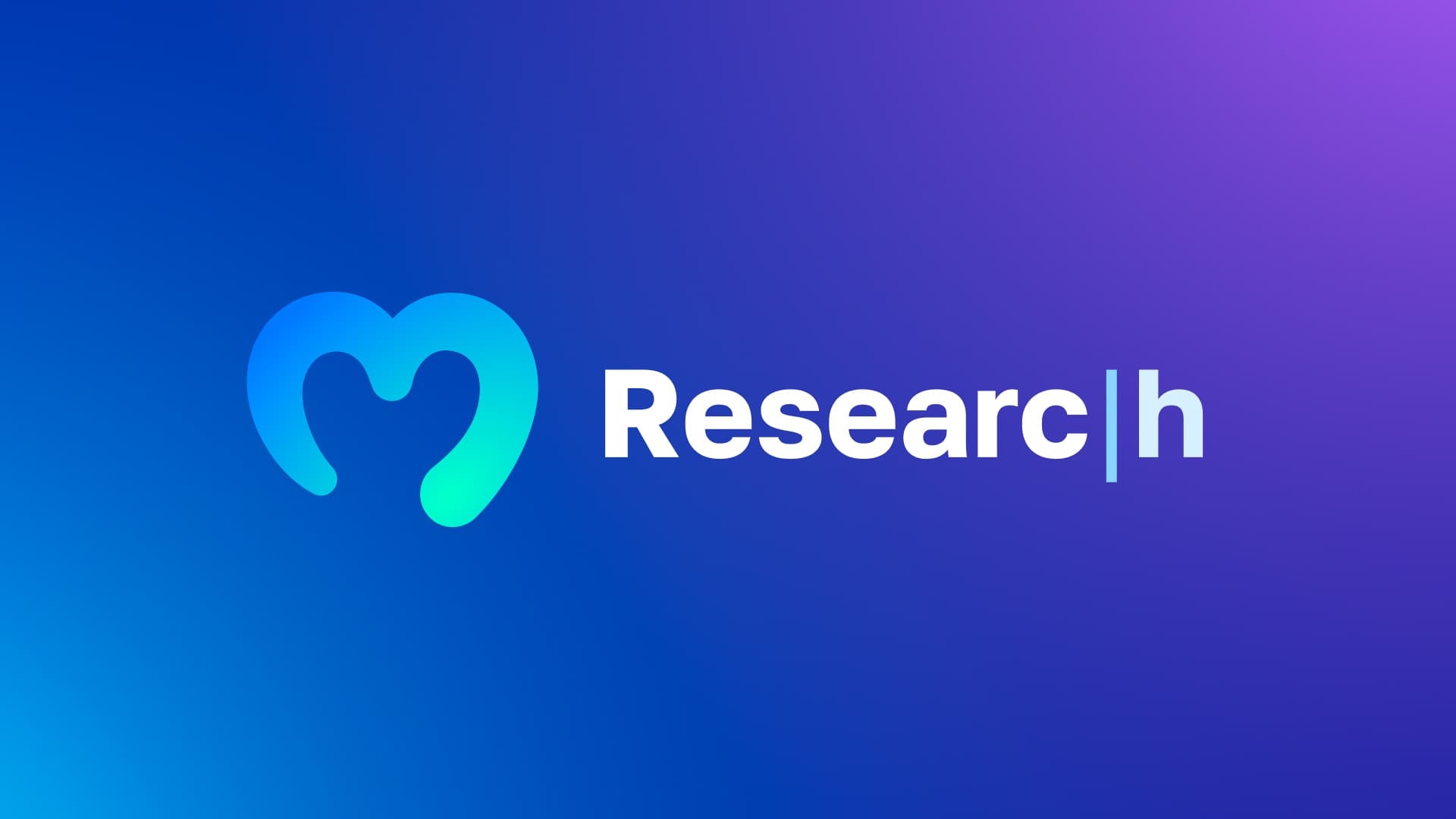
South Korea’s State Metaverse Project
South Korea is betting big on the metaverse. The country is witnessing large-scale metaverse investment plans in the public and private sectors. The South Korean Ministry of Science and Information and Communication Technologies introduced the Digital New Deal. As part of the Digital New Deal, the government plans to kickstart the adoption of innovative blockchain solutions in the country. The Ministry offers financial and infrastructural support to metaverse projects in South Korea.
So far, the government has created a 177 million USD fund for metaverse projects of public importance. The Seul metropolitan government started developing a local metaverse project to allow citizens to access a broad range of public services. Instead of a standard online platform for public services, Seoul citizens will have a fully integrated metaverse at their disposal.
It’s important to note that this is one of the first cases of a national government initiating a metaverse project. However, it shouldn’t come as a surprise, as South Korea is among the biggest adopters of new technologies and digital trends.

Learn about the top Solana NFT marketplaces at Moralis Academy.
Like the government, South Korean private companies also recognize the potential of metaverse projects. The venture capital arm of South Korean gas and energy giant Daesung recently created an 84 million USD fund for metaverse projects. The Daesung Metaverse Scale-up Fund is the largest private metaverse fund in the country currently. Some of Daesung’s earlier investments include UpBit, one of the leading crypto exchanges in South Korea. This fund aims to invest in promising blockchain projects that provide users with different virtual environments.
The Daesung Metaverse Fund

Learning the essential crypto terminology will help you better understand the crypto market. Also, if you want to learn more about blockchain features and innovations, check out the blockchain guides at Moralis Academy.
NFTs in South Korea
Just like cryptocurrency, NFTs are also extremely popular in South Korea. Data shows that the expected growth of the NFT market in South Korea in 2022 is 47% compared to 2021. The total projected sales volume of NFTs for 2022 is close to one billion USD. One of the critical drivers of NFT sales is the lack of taxes on NFT gains. Traders are looking to take advantage of these circumstances before the introduction of taxes on NFTs.
Major South Korean consumer electronics brands like Samsung and LG are launching their NFT platforms and virtual stores in the metaverse. South Korean companies recognize the value of NFTs for innovative brand experiences. Loyal customers get access to NFT collectibles which can grant them future benefits. Samsung gave out NFTs to consumers preordering the Galaxy S22 smartphone. LG has its own LG Art Lab NFT platform where users can browse, buy, and sell NFTs. KIA, the leading South Korean automobile manufacturer, sold out its 60 NFT collection in just 15 seconds.
Not only are significant companies issuing NFTs, but they are also creating separate NFT corporate divisions. This focus on NFTs shows that South Korean companies regard NFTs as a new, long-term investment sector instead of a temporary trend.
The administration of Seongnam, the 12th largest South Korean city, plans to create a metaverse version of the city. Citizens of Seongnam will receive citizenship NFTs that will give them access to numerous features and services in the metaverse.
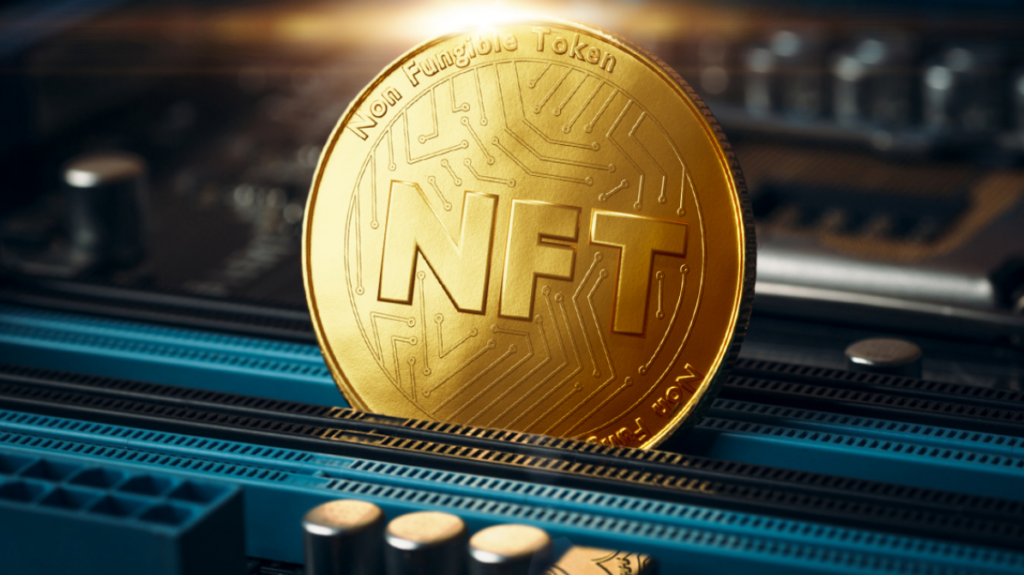
Save our Enterprise Ethereum Alliance article to learn about the rising demand for blockchain among businesses.
Blockchain Voting in South Korea
The South Korean cryptocurrency boom opened the way to the country’s potential adoption of blockchain voting. As part of the Digital New Deal, the government is exploring the possibility of an online, blockchain-based voting system. Blockchains are decentralized public ledgers, which means they are fully transparent, and anyone can monitor transactions. Additionally, blockchain transactions are immutable, and no one can alter them except if they hijack more than 51% of the network nodes.
These characteristics make blockchains an excellent choice for implementing voting mechanisms since everyone can check the votes. Blockchain voting experiments took place in educational institutions in 2013. However, now the authorities aim to introduce blockchain voting on a national scale.
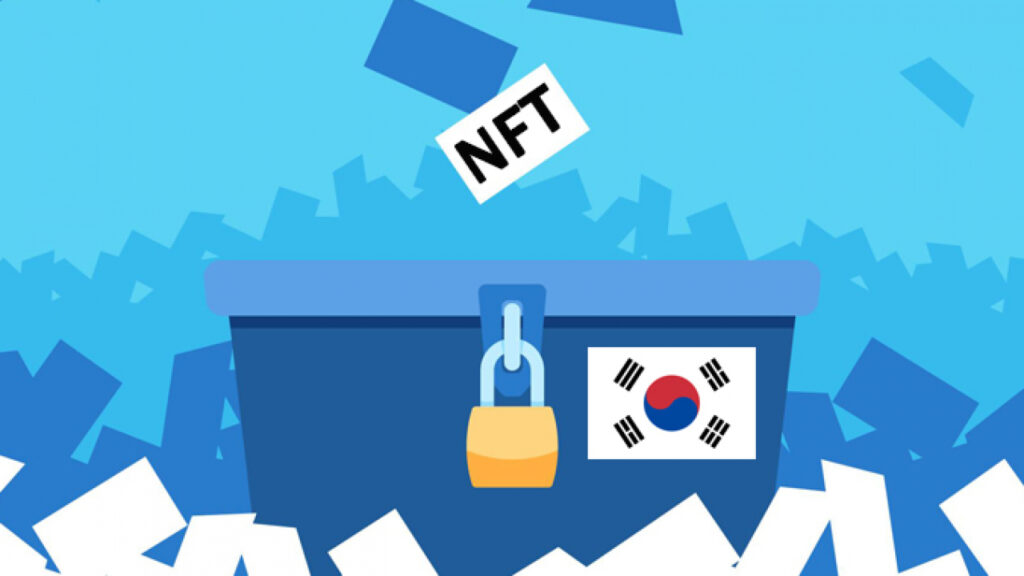
It’s highly advised to be extra careful when investing in crypto during a bear market. Check out this guide on how to invest during a crypto bear market at Moralis Academy.
The Leading South Korean Cryptocurrency Projects
South Korea is home to numerous blockchain developer teams and highly innovative projects impacting the broader crypto market. Let’s look at some of the leading South Korean cryptocurrency projects.
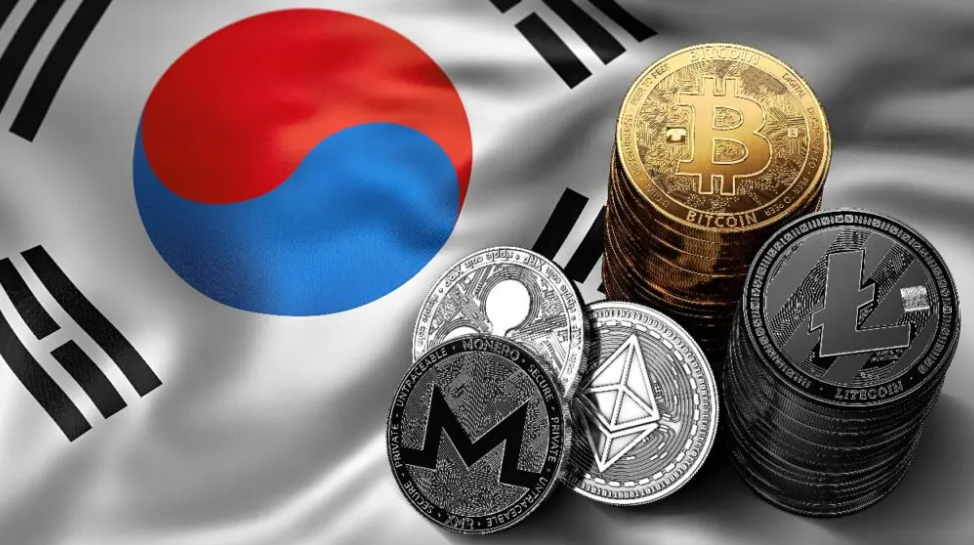
Coding is an essential part of dapp development. Learn how to code a blockchain app in five steps at Moralis.
Fantom
Fantom (FTM) is one of the most innovative cryptocurrency projects from South Korea. The network uses directed acyclic graph (DAG) infrastructure to process transactions extremely fast and with high-security standards. Fantom can process up to 10,000 transactions per second (TPS), with an average one-second transaction confirmation time.
The Fantom mainnet Opera chain has been operational since December 2019. Since then, the Fantom ecosystem has become popular for launching DeFi protocols, decentralized marketplaces, and NFTs. The Opera layer of the Fantom blockchain hosts decentralized apps and platforms. The other layer is the Lachesis protocol, which ensures high speed and security. The goal of Fantom is to provide developers and users with a highly-scalable and much cheaper alternative to the Ethereum blockchain.
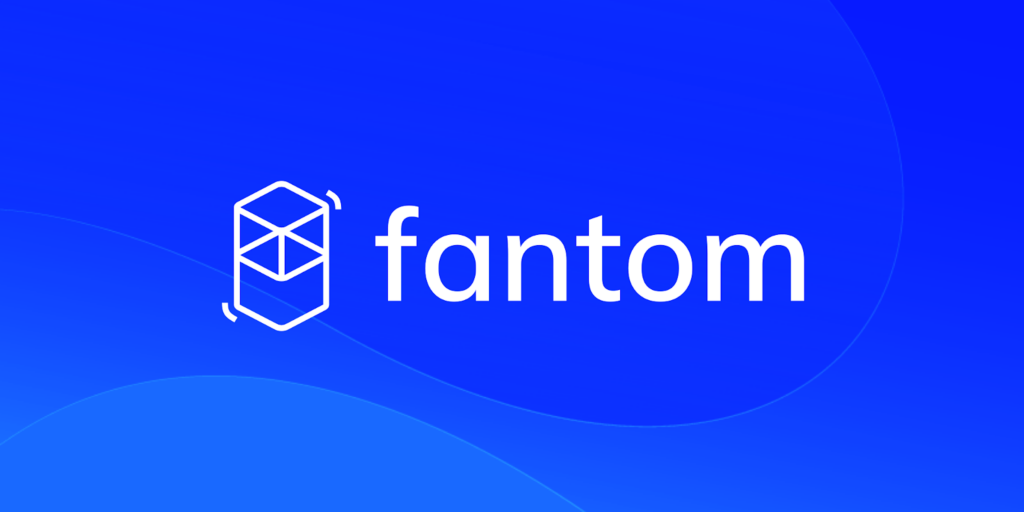
Klaytn
Klaytn (KLAY) is a South Korean cryptocurrency project focusing on the metaverse. The Klaytn blockchain was launched in 2019 and quickly became one of the top 100 crypto projects on the market. The network can process up to 4,000 transactions per second, and the transaction fees are very low. Klaytn started as an Ethereum-based project but soon shifted to its own blockchain. In South Korea, Klaytn is a dominant blockchain network with more than 40 high-profile business partnerships.
Klaytn offers numerous metaverse and gamification development resources to programmers. The Klaytn metaverse assets include an end-to-end metaverse package, software development kits, and smart contract libraries. Developers can get everything they need to launch their metaverse platforms and dapps from Klaytn. Available assets also include crypto wallet solutions, blockchain explorer software, data oracles, and blockchain bridges.
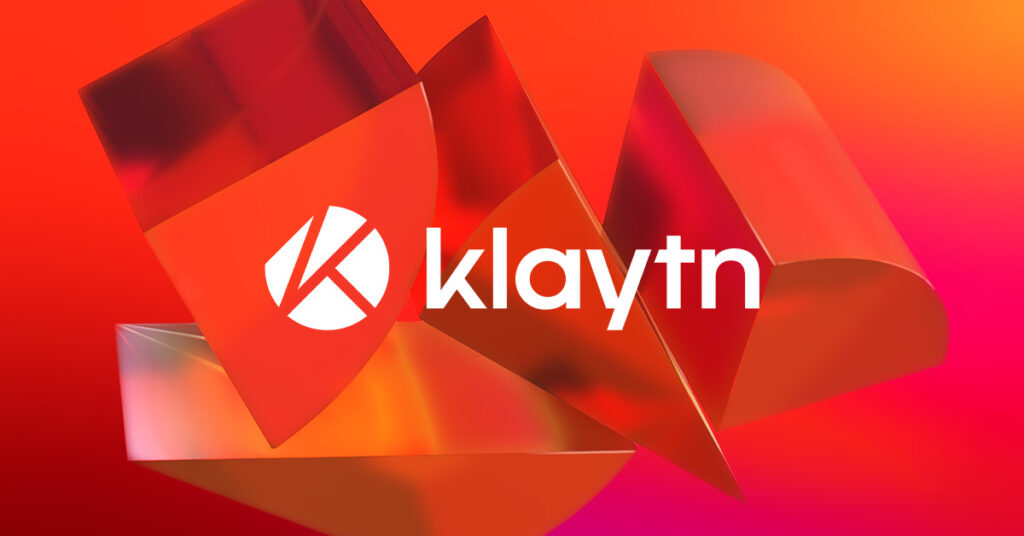
Aergo
Aergo (AERGO) is another popular South Korean cryptocurrency. Samsung Electronics backs Blocko, the company behind Aergo, while the project focuses on cloud computing and dapps. Aergo provides large-scale business clients with blockchain solutions such as corporate apps and closed private blockchain networks. The private blockchains on Aergo use a Proof-of-Authority (PoA) mechanism that allows authorized network nodes to process traffic efficiently. Aergo provides enterprise solutions, and some of its key clients are Hyundai Motors and Korea Exchange.
The Aergo smart contract engine allows developers to launch custom private blockchains on the Aergo infrastructure. These blockchains can have specific internal mechanisms different than the Aergo parent chain. AERGO tokens pay for network traffic on all of these blockchains. The network is fast, cheap, and highly scalable.
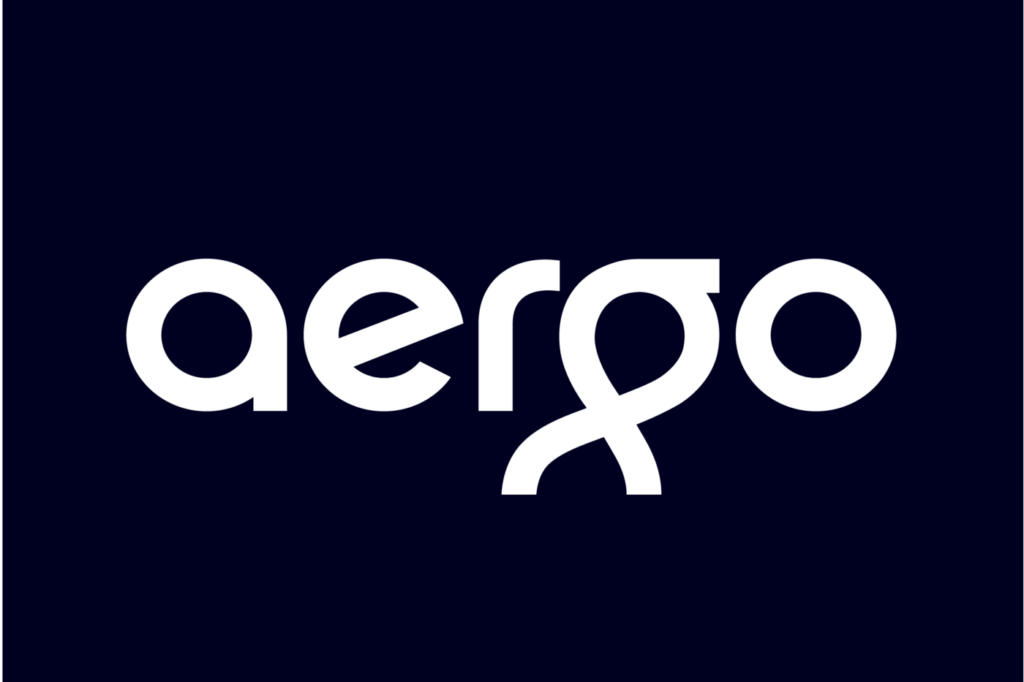
ICON
ICON Network is another major South Korean project. It boasts collaborations with various state institutions and private companies. ICON has partnerships with the likes of Kyobo Life Insurance and the Seul city government. The project is highly versatile because it focuses on cross-chain bridging solutions and interoperability. The ICON blockchain is a layer-one network, and its flagship product is called the Blockchain Transmission Protocol (BTP). BTP allows developers to integrate cross-chain solutions within their platforms and applications. The product enables fast cross-chain token swaps and smart contract calls between different networks.
ICON provides cross-chain connectivity features for partner blockchains. Some of ICON’s partner networks include BNB Chain, Polkadot, Ethereum, and Harmony.
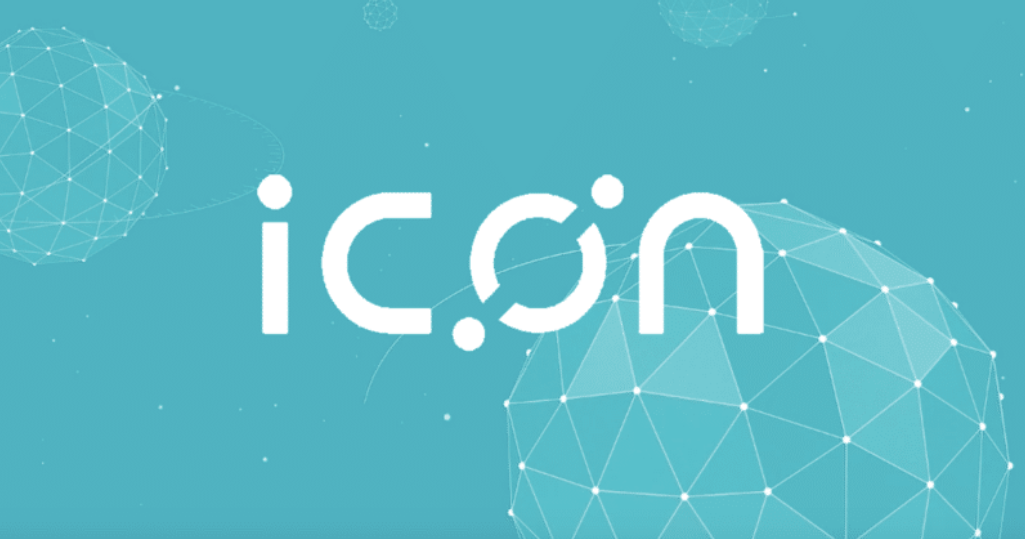
Market Insight: Cryptocurrency in South Korea – Summary
The South Korean cryptocurrency scene is highly important for the global crypto market. There are numerous high-quality crypto projects and developer teams in South Korea. The crypto adoption rate in the country is growing tremendously fast. Additionally, large-scale funds and even the government are investing in the metaverse.
When it comes to crypto regulations, South Korea has strict rules for cryptocurrency exchanges. However, this doesn’t seem to have a negative impact on crypto adoption, which is rapidly growing. It remains to be seen how the South Korean crypto bill in 2023 will impact the market.
Learn the essentials of Web3 with the Blockchain and Bitcoin 101 courses at Moralis Academy.
